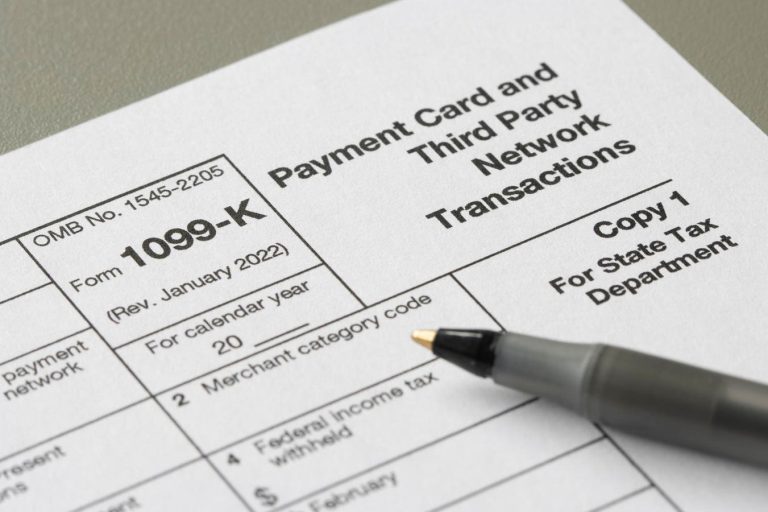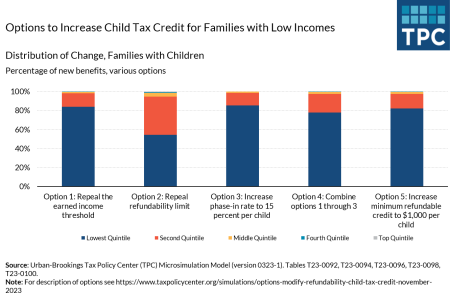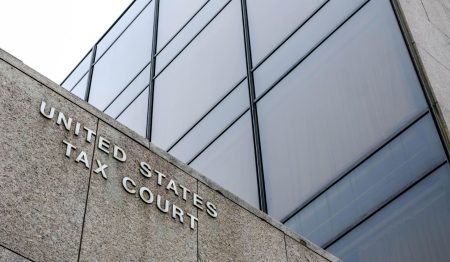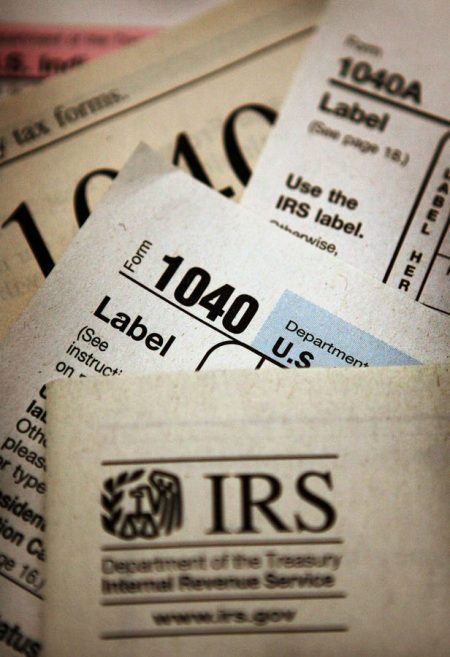Christmas came early (again) this year for many taxpayers and tax professionals. The IRS has announced that it would (again) delay the new $600 Form 1099-K reporting threshold for third-party settlement organizations.
Here’s what you need to know.
The IRS will treat 2023 as an additional transition year. If that sounds familiar, the same thing happened last year when the agency announced that the 2022 tax year would be considered a transition period. Third-party settlement organizations were not required to report tax year 2022 transactions on Form 1099-K to the IRS or the payee for the lower $600 threshold amount—the existing $20,000/200 transaction threshold remained in effect through year-end.
The same year-long transition year will apply to 2023. The IRS says the move will reduce the potential confusion caused by the distribution of an estimated 44 million Forms 1099-K sent to many taxpayers who wouldn’t expect one and may not have a tax obligation. As a result, third-party reporting will only be required if the taxpayer receives over $20,000 and has more than 200 transactions in 2023.
That should mean that you will not receive Form 1099-K unless you hit the existing transaction threshold. However, an exception does exist for taxpayers who were subject to backup withholding. All other taxpayers should see no change in early 2024 when forms go out, consistent with the treatment from last year.
“The IRS will use this additional time to continue carefully crafting a way forward to minimize burden,” Werfel said. “We want to make this as easy as possible for taxpayers. We will work to make the new reporting requirements easier for them, and we’ll work closely with third-party groups, tax professionals and others to find the smoothest path to ensure compliance with the law. This is consistent with our Strategic Operating Plan. The IRS is focused on meeting taxpayers where they are and helping them get it right the first time.”
Threshold Changes On the Horizon
Additionally, given the complexity of the new provision, the large number of individual taxpayers affected, and the need for stakeholders to have certainty with enough lead time, the IRS is planning for a threshold of $5,000 for tax year 2024 as part of a phase-in to implement the $600 reporting threshold enacted under the American Rescue Plan. It’s unclear whether the IRS has the authority to change the reporting threshold—that should be in Congress’ hands. However, in its remarks related to the threshold change, the IRS cited a statute that gives broad authority to the Commissioner to administer the tax laws.
Taxpayers and tax professionals will likely be relieved to hear the news. There have long been concerns that the $600 threshold was far too low and result in millions of unnecessary Forms 1099-K, including those that reported personal transactions.
Notably, the $600 threshold has never been adjusted for inflation. However, if cost of living adjustments had been made each year since the 1954 (the year that section 6041 of the tax code was introduced), the $600 threshold would now be over $6,862.
Background
For years, taxpayers who provided certain goods or services worth more than $600 were responsible for issuing Form 1099-MISC. That changed in 2012 with the introduction of the new Form 1099-K.
Form 1099-K introduced a requirement for reportable payment transactions defined as payment card or third-party network transactions. Payment card transactions include accepting a card—such as a gift card, credit card, or debit card—for goods or services. A third-party network transaction is one that is settled through a third-party payment network, such as PayPal
PYPL
For the last few years, Form 1099-K required reporting when payments totaled more than $20,000 and more than 200 transactions are settled through a third-party network. No threshold applied to payment card transactions.
But, as I’ve written previously, the gap between the “old” Form 1099-MISC reporting threshold of $600 and the Form 1099-K reporting threshold of $20,000 was a cause for concern. The fix from Congress was a lower $600 threshold amount for Form 1099-K set to take effect in the 2022 tax year, meaning forms that would be distributed in early 2023. Instead, as noted, 2022 was treated as a transition year. 2023 will also serve as a transition year.
Rationale
According to the IRS, tax gap studies have consistently demonstrated that third-party income reporting significantly raises voluntary compliance with tax laws. For example, computerized document matching in the early 1980s—where the IRS matched data reported by third-party financial institutions to data reported by taxpayers—significantly reduced the underreporting of dividend and interest income. And the requirement that taxpayers supply Social Security numbers for dependent children resulted in marked differences in the numbers of dependents claimed on returns.
However, the IRS noted that expansion must be managed to ensure that Forms 1099-K are issued only to taxpayers who should receive them. In addition, it’s important that taxpayers understand what to do and that tax preparers and software providers have the information they need to assist taxpayers.
Applicability
The IRS reminds taxpayers that reporting requirements do not apply to personal transactions such as birthday or holiday gifts, sharing the cost of a car ride or meal, or paying a family member or another for a household bill. These payments are not taxable and should not be reported on Form 1099-K.
However, the casual sale of goods and services, including selling used personal items like clothing, furniture, and other household items for a loss, could generate a Form 1099-K for many people, even if the seller has no tax liability from those sales.
And transactions in the course of business will be reportable on Form 1099-K if they reach the threshold.
What’s next?
Following feedback from the tax community, the IRS plans to update Form 1040 and related schedules for 2024, to make the reporting process easier for taxpayers. The agency notes that these changes are complex and take time, so delaying changes to tax year 2024 allows for additional feedback.
The IRS says that the issues in distinguishing between types of personal and business transactions also factored into the IRS’s decision to delay the reporting requirements an additional year and plan for a threshold of $5,000 for 2024 to phase in implementation.
“We spent many months gathering feedback from third-party groups and others, and it became increasingly clear we need additional time to effectively implement the new reporting requirements,” said IRS Commissioner Danny Werfel. “Taking this phased-in approach is the right thing to do for the purposes of tax administration, and it prevents unnecessary confusion as we continue to look at changes to the Form 1040. It’s clear that an additional delay for tax year 2023 will avoid problems for taxpayers, tax professionals and others in this area.”
The result in good news for taxpayers and tax professionals. However, remember that the changes in the law apply to third-party reporting, not your individual tax obligations—those haven’t changed. It has always been the case that you must report your taxable income, whether it is payable to you in cash, on a credit card, through a business checking account, or through a cryptocurrency platform.
More Info
You can find more information at IRS Notice 2023-74.
The IRS also has a dedicated webpage on its website, Understanding Your Form 1099-K, to provide resources for taxpayers, including what to do with a Form 1099-K and what to do if you get a Form 1099-K in error. Additionally, check back with our Forbes tax team for updates as they happen.
Read the full article here








